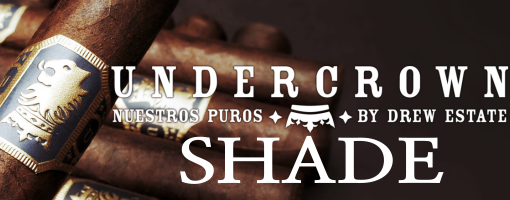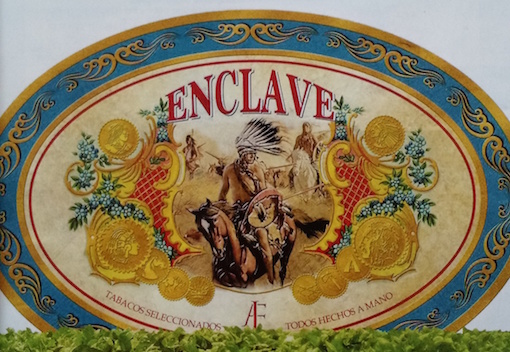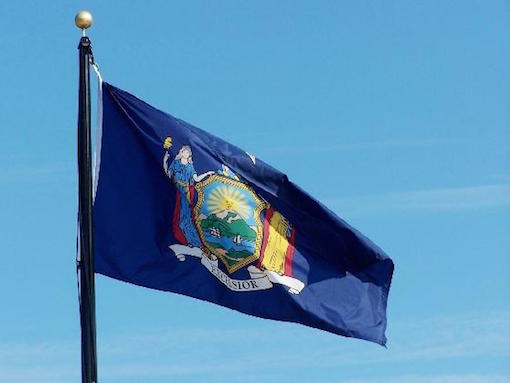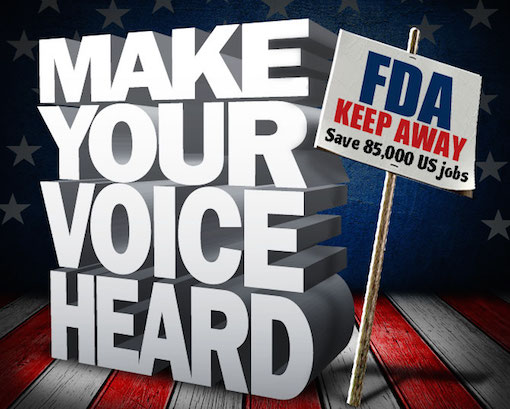News: House Appropriations Bill Would Lessen FDA Devastation to Cigar Industry
9 Jul 2015
Yesterday, the House Appropriations Committee took an important first step toward fixing one of the most outrageous aspects of the proposed rules to regulate cigars under the Food and Drug Administration (FDA).

The appropriations bill passed the Committee yesterday for next year’s funding of the FDA, included a funding rider to stop the FDA from retroactively regulating cigars and other tobacco products introduced since February 2007. Under the legislative fix, the new date existing products would be grandfathered in as exempt from the costly and difficult FDA pre-approval process would change from February 15, 2007 to the date (likely later this year) when the proposed regulations are finalized.
While cigars introduced after the FDA’s cigar regulations go into effect would still be subject to FDA approval before being marketed or sold—a process that likely would take months or years and could cost an estimated $400,000 per each new cigar blend and size—the change would be a significant improvement from the current situation. Absent any change, under current law, most or every cigar introduced since February 15, 2007 would be subject to the FDA pre-approval process, with the likely impact of permanently making illegal most cigars introduced in the past eight years.
The key language in the appropriations bill still has a long way to go before becoming law. Having successfully passed the House Committee, including surviving an amendment vote 23-26 to strip the FDA regulation date change out of the bill, the bill now goes to the House floor for passage.
If it passes the House, the next step would be a companion bill from the Senate Appropriations Committee. There, Kansas Senator Moran, a co-sponsor of the Traditional Cigar Manufacturing and Small Business Jobs Preservation Act, is chairman of the subcommittee with oversight over the FDA and could be key to ensuring the language eliminating the February 2007 date is included in the Senate bill.
If such language passes out of the full Senate Appropriations Committee, next step would be the full Senate, after which the bill would go to President Obama’s desk to be signed into law or vetoed.
Analysis
With the Traditional Cigar Manufacturing and Small Business Jobs Preservation Act seemingly stalled for the immediate future, this is a significant and serious attempt to address the devastating impact of the proposed FDA regulations. Still, it faces  major challenges, not the least of which is the fact that the proposed FDA regulations could become finalized any day now—before any appropriations bills are passed.
According to an agenda issued last year, the deadline for the FDA regulations was June 2015, and in Senate testimony in March FDA Commissioner Margaret Hamburg reiterated that now-passed goal. In addition to time constraints, two other issues complicate the process significantly.
First, while cigar industry representatives work to protect cigars from the damaging impact of the regulations, the elephant in the room is e-cigarettes. A large part of the agitation for these regulations by anti-tobacco activists is because the deeming rule would effectively ban e-cigarettes and vaping devices—which they view, almost certainly incorrectly, as having negative public health implications.
While, in theory, new cigars could be approved by the FDA as “substantially equivalent” to grandfathered cigars, the e-cigarette industry was almost nonexistent in February 2007, meaning approval of e-cigarettes and other vaping products would be even more difficult than the already arduous process that new cigars would face. This hardens the anti-tobacco opposition to a change in the cutoff for grandfathered tobacco products, but it also means the growing e-cigarette industry could be a key ally for cigars in pushing for a change.
The second complication has nothing to do with specific issues of tobacco regulation but is the often dysfunctional federal budget process. While the system is set up for 12 appropriations bills, frequently budget showdowns due to fiscal deadlines lead to continuing budget resolutions and omnibus spending bills that combine various appropriation bills into one large spending bill. To ease passage, appropriations riders, like the one on FDA regulation approved yesterday by the House Appropriations Committee, can get stripped out of the final bill, especially if leadership doesn’t make their inclusion a priority.
Ultimately, while this rider can alleviate some of the damage FDA regulation of cigars will cause, it doesn’t fix the larger issue: The vibrant handmade cigar industry will come to a screeching halt if new cigars are forced to go through an FDA approval process that takes months (or years) and cost hundreds of thousands of dollars. To fix this bigger problem, cigar smokers must work towards passage of the Traditional Cigar Manufacturing and Small Business Jobs Preservation Act to remove the FDA’s authorization to regulate handmade cigars.
–Patrick S
photo credit: Best Price Cigars



 And with the annual IPCPR Trade Show less than two months out, more and more new cigars are being announced. (As we have seven out of the past eight years, StogieGuys.com will be covering the IPCPR from the show floor, which this year is in humid New Orleans in late July.)
And with the annual IPCPR Trade Show less than two months out, more and more new cigars are being announced. (As we have seven out of the past eight years, StogieGuys.com will be covering the IPCPR from the show floor, which this year is in humid New Orleans in late July.)


 Swisher is the largest cigar company in the world by volume and has a massive distribution network beyond traditional cigar shops. Drew Estate runs the largest cigar factory in Nicaragua—producing around 10,000 cigars a day—and owns heralded premium cigar lines including Liga Privada, Undercrown, My Uzi Weighs a Ton, Nica Rustica and Herrera EstelÃ, along with premium infused cigar lines including the best-selling Acid.
Swisher is the largest cigar company in the world by volume and has a massive distribution network beyond traditional cigar shops. Drew Estate runs the largest cigar factory in Nicaragua—producing around 10,000 cigars a day—and owns heralded premium cigar lines including Liga Privada, Undercrown, My Uzi Weighs a Ton, Nica Rustica and Herrera EstelÃ, along with premium infused cigar lines including the best-selling Acid. Patrick Ashby
Co-Founder & Editor in Chief
Patrick Ashby
Co-Founder & Editor in Chief Patrick Semmens
Co-Founder & Publisher
Patrick Semmens
Co-Founder & Publisher George Edmonson
Tampa Bureau Chief
George Edmonson
Tampa Bureau Chief